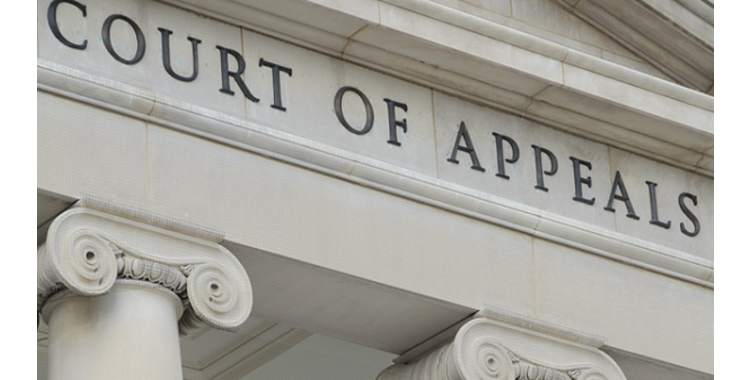May I Have Your Attention Please?
Getting the attention of the Court of Appeal with your writ petition is a tough proposition. Among all of the “urgent” and critically important matters that the Court of Appeal is undoubtedly confronted with, what are the chances that they will listen to you? The answer to that question is, of course, somewhat inextricably tethered to the facts alone. Some issues and some cases simply do not have the inherent sense of urgency than others.
But the question often arises as to how to stand out, and how to craft a writ position that rises above the fray. For starters, you need to have a compelling introduction. You can be assured that your writ petition will rise and fall on the table of contents alone, if not solely on the first page of the petition. The over-worked writ attorney needs to know (a) why this case is important, (b) what the issue and procedural posture is, and (c) why there is an emergency need to hear this matter now, as opposed to during the course of a normal appeal.
For this reason, the issue of irreparable injury is huge. Will the court’s discovery order cause an irreversible breach of the attorney-client privilege? Will the injunctive relief granted by the trial court cause a structure to be torn down, unless the Court of Appeal intervenes? Are the public policy stakes so high that balking at the writ petition would frustrate the interests of justice?
These are the types of questions that typify the kind of strenuous urgency that has to be articulated within the fabric of your writ petition. Distaste with the Court’s reasoning, or an intellectual dispute over a case is not going to be enough. Often times, the best practice in assessing the “need” to file a writ petition in the first place is to take a step back and ask what the stakes are. What are the immediate, and long term, ramifications of this ruling? Taking a sober approach to self-analysis can assist in weeding-out the pursuit of writ petitions that are likely to have no traction to begin with.
Some important considerations:
1. Can you articulate the legal urgency and basis in less than two sentences?
2. Is this an issue that requires (not desires) immediate intervention?
3. Is this an issue that can be raised in a downstream appeal?
Answers to one, or all, of these key questions will assist in focusing your strategy, and will enable you to better determine whether the Court of Appeal will listen to you in the first place.
Justin Sarno is an appellate practitioner at CR&D and has been defending public agencies and public employees for his entire career.

